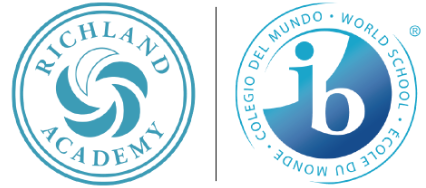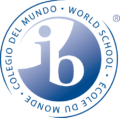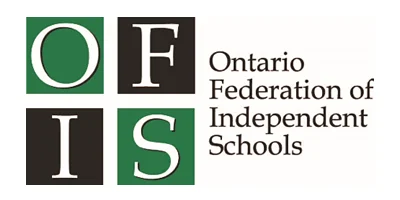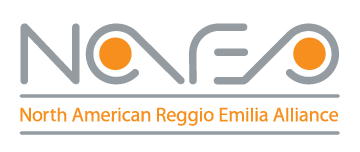We would like to recognize Richland Staff Members, Megan Cooney and Una Jevtic, who were acknowledged for their contributions to Natural Curiosity, an inquiry-based environmental and sustainability education resource for Ontario elementary school teachers.
Natural Curiosity website acknowledgments:
Environmental Inquiry builds on an 85-year history of research and practice at The Lab School as a demonstration school. This resource has grown out of the professional insights and experiences of The Lab School’s teachers. Their input was essential to the creation of this document. Special thanks to Christine Bogert, Julia Cain, Julie Comay, Megan Cooney, Zoe Donoahue, Christel Durand, Julia Forgie, Cindy Halewood, Leah Hersh, Una Jevtic, Judith Kimel, Norah L’Espérance, Benjamin Peebles, Tara Rousseau, Robin Shaw, Renée Smith, Krista Spence, and Carol Stephenson.
Article on Natural Curiosity
Elementary school teachers are giving a thumbs-up to Natural Curiosity, a new inquiry-based approach to environmental studies. OISE/UT’s Laboratory School at the Dr. Eric Jackman Institute of Child Study developed the method to help teachers cover the curriculum in novel ways.
Project leader Lorraine Chiarotto, OCT, says the program helps to implement the principles of Acting Today, Sharing Tomorrow, the Ministry of Education’s 2009 environmental policy document. That policy’s goal is to “embed environmental education expectations and opportunities in all grades and in all subjects of the Ontario curriculum.”
Adopting an inquiry-based approach to learning, Chiarotto says, meets that policy objective by promoting cross-curricular integration of essential environmental and sustainable principles.
“The kids are so much more engaged,” says Susanna Chwang, OCT, who tested the technique with her Grade 1-2 class at Rose Avenue Junior PS in Toronto.
With Natural Curiosity, the kids ask the questions and the teachers guide them to potential answers. “The ability to think that way is priceless.”
Endorsements by Chwang and six other elementary teachers appear on the Natural Curiosity web site (www.naturalcuriosity.ca) launched in May after several years of development and classroom experimentation. Visitors can download the entire 180-page environmental inquiry program for free. The site also includes the classroom experiences of the teachers who field-tested the approach. Their insights guide others through practical and relevant examples.
“The hardest part for teachers is letting go,” says Chiarotto. “They have to be more flexible in their lesson plans. But they quickly find that the children are so motivated that they learn more and achieve a deeper understanding. And at the end of the day, they will realize that the curriculum has been covered in full.”
Says David Suzuki, who addressed Natural Curiosity’s launch event: “Inquiry-based learning in which the child’s curiosity leads the teaching is the way to go. We desperately need this kind of education.”









